Written by: George Moujaes, Pre-licensed Therapist
At its core, therapy is about connection. That’s what makes Relational-Cultural Therapy
(RCT) so powerful—it’s built on the belief that healing happens in relationships, not isolation.
Instead of focusing only on what’s “wrong” or what needs to be “fixed,” RCT starts with a
different question: Where have disconnection and disempowerment shown up in your life—and
how can we begin to repair that, together?
What Makes Relational-Cultural Therapy Different?
RCT was developed by Dr. Jean Baker Miller and others who believed that traditional therapy
didn’t always reflect the lived experiences of women, marginalized communities, or people who
feel misunderstood or overlooked in society. They created a model that centers on mutual
empathy, authenticity, and connection.
That means:
- You’re not alone in the room—your therapist is engaged, real, and responsive.
- Your voice and experience matter just as much as the therapist’s expertise.
- You’re not being judged or pathologized—you’re being seen and supported.
How It Works in Session
RCT can feel different from other therapy styles. It includes:
- Empowerment: You’ll be supported in naming your strengths and owning your story.
- Mutual empathy: Your therapist will not only listen but also respond in ways that show
- care, attunement, and impact.
- Understanding your “relational images”: Together, you’ll explore the messages you’ve internalized about relationships, worth, and trust—and gently challenge the ones that no longer serve you.
- Power awareness: We’ll name and explore how systems like racism, sexism, classism, or ableism may have shaped your experiences. Then, we’ll work toward reclaiming your voice and agency.
Is RCT Right for Me?
RCT can be helpful if:
- You’ve felt disconnected or misunderstood in other therapy settings.
- You’re exploring identity, belonging, or how past relationships have shaped you.
- You’re looking for a therapist who “gets it”—someone who can hold space for both your individual experiences and your larger social reality.
- You want to feel more confident in how you relate to others, set boundaries, or move through the world.
What You Can Expect to Gain
Healing in RCT happens through a growth-fostering relationship—one built on trust, empathy,
and authenticity. Over time, clients often report:
- A stronger sense of self
- Improved relationships
- Greater emotional resilience
- A more profound belief that they matter, and are capable of a healthy connection
Final Thought
Relational-Cultural Therapy isn’t just a method; it’s a way of being. It’s a reminder that healing
happens in connection, not in isolation. That being seen and heard, honestly and consistently, can
change everything.
If that resonates with you, you don’t have to unmask alone. We’re here—and ready to meet you
where you are.

